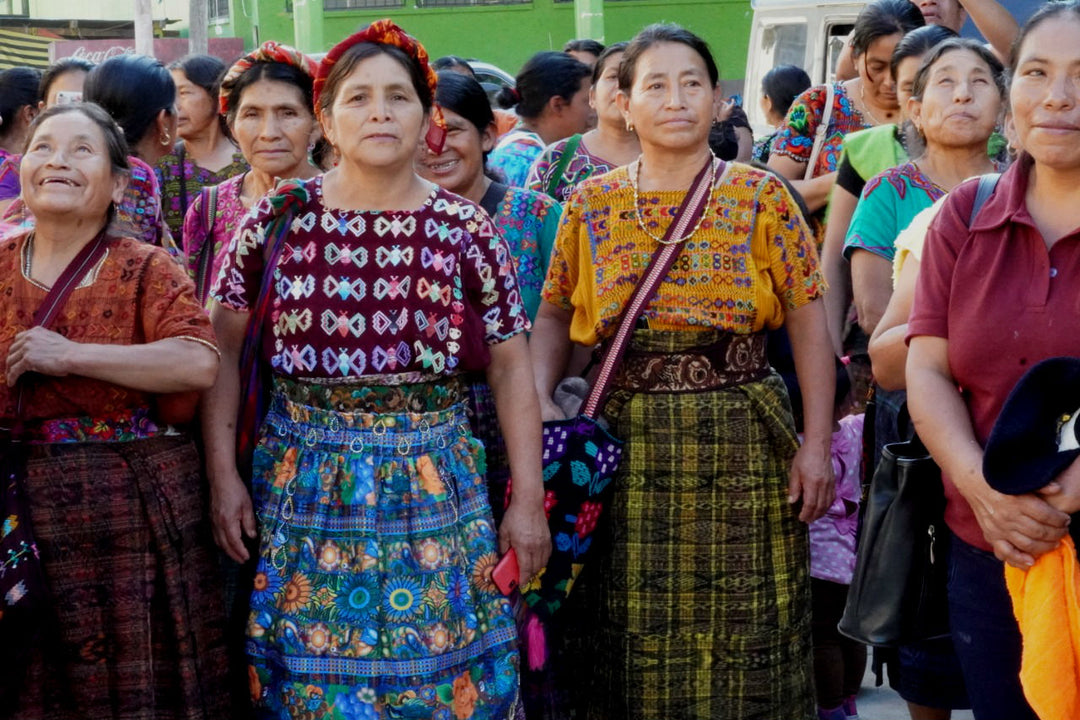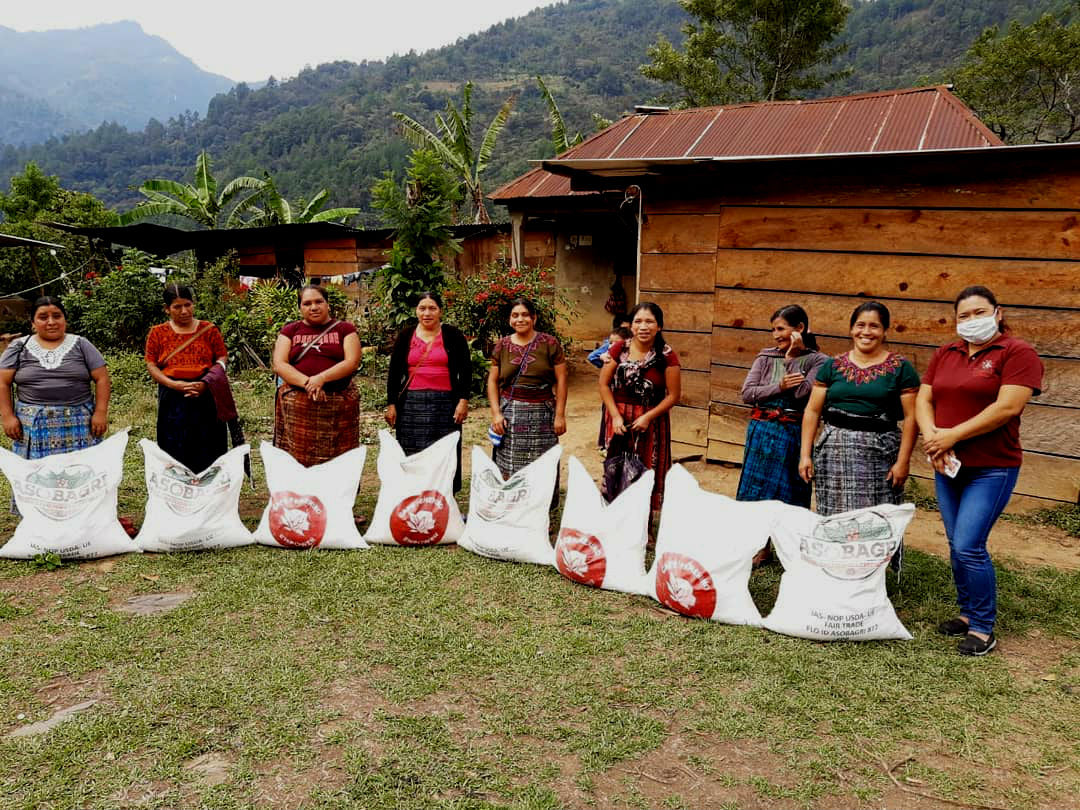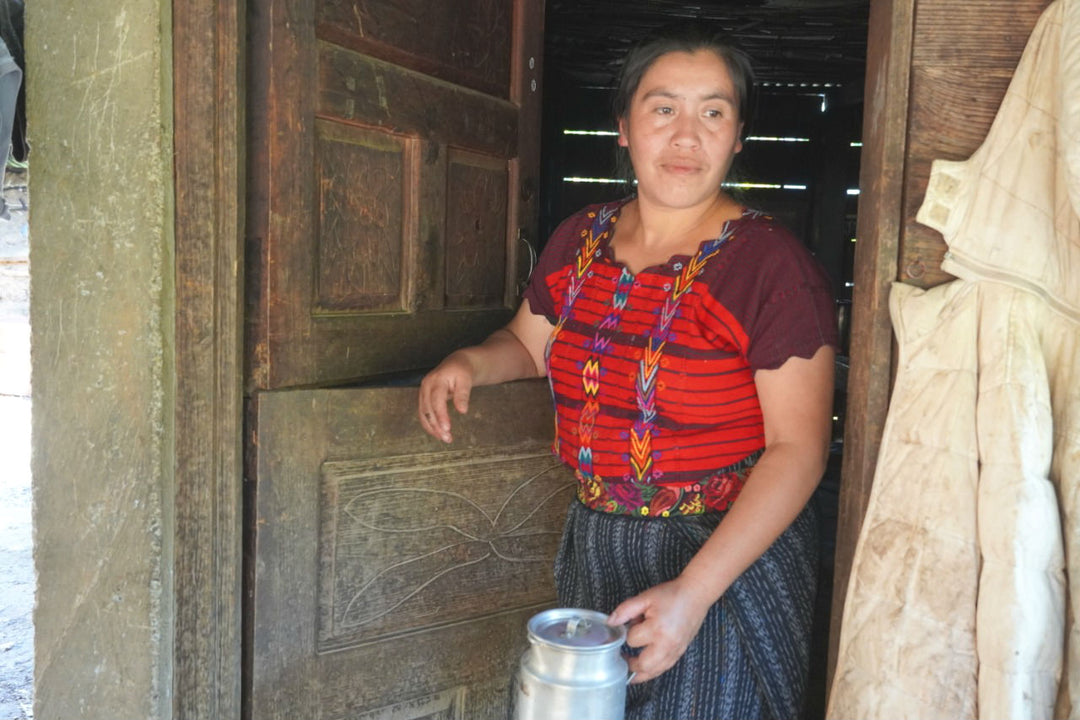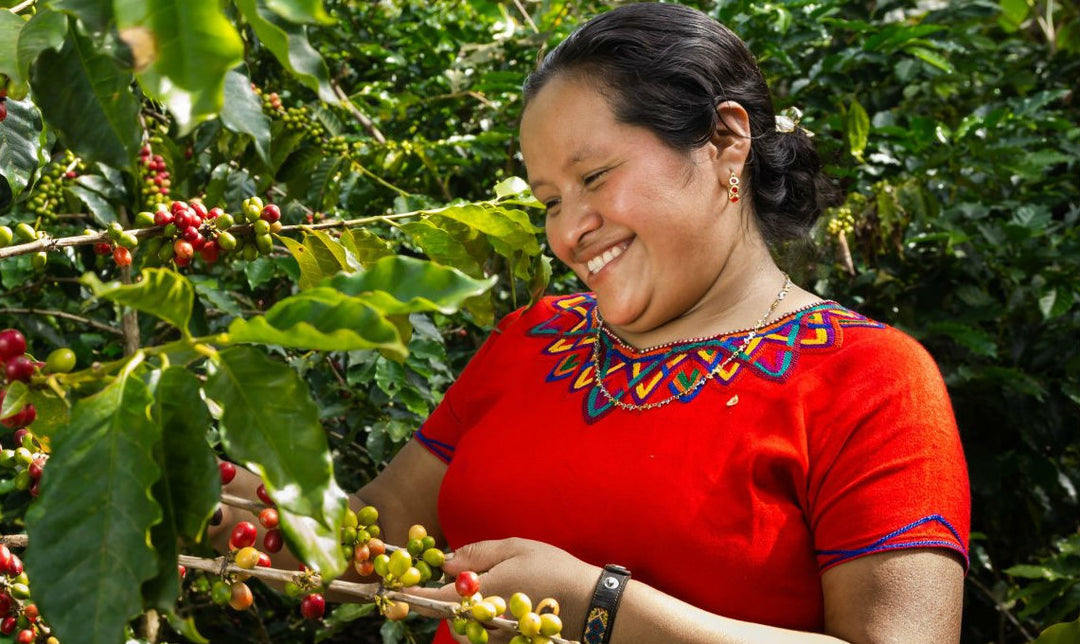Guatemala
Guatemalan coffee is celebrated globally for its exceptional quality and distinct flavors. This Central American country has a long and rich history with coffee cultivation, dating back to the 1850s when it first began growing coffee for export. Over the years, Guatemala has developed a reputation for producing some of the world’s finest coffee beans, thanks in part to its diverse climates and fertile volcanic soil, which provide ideal growing conditions. Each of Guatemala's eight coffee-producing regions offers unique characteristics, contributing to a wide array of flavors and profiles that appeal to coffee enthusiasts around the globe.
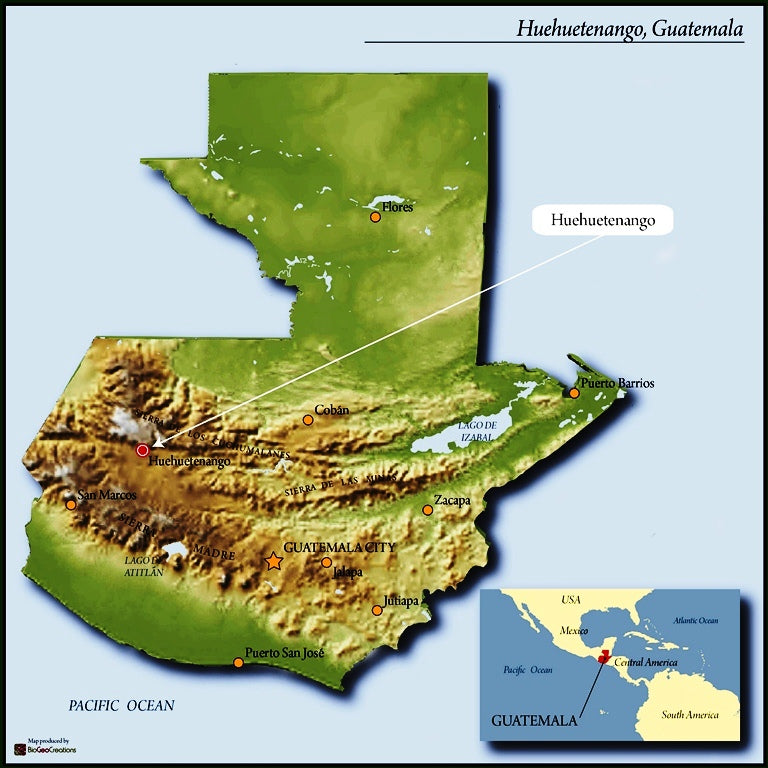
Finca Mirador del Volcán
Grower:
Ivonne Herrera
Coffee Background:
Ivonne Herrera's dedication to supporting women in coffee through her 170-acre family estate, Finca Mirador del Volcan, is truly commendable. Located near the community of San Vicente Pacaya, the estate employs 100 individuals, with a majority being women. When Ivonne acquired the estate in 2019, it had been largely abandoned, suffering from neglect over the years. Despite facing challenges such as the damage caused by the eruption of Volcan Pacaya in 2021, Ivonne and her team have worked tirelessly on renovation efforts to rejuvenate the estate.
Through years of hard work and dedication, the focus on renovation at Finca Mirador del Volcan is beginning to yield positive results. The commitment shown by Ivonne and her team is not only revitalizing the estate but also providing valuable opportunities for the women employed there. By supporting initiatives like Ivonne's, we can help empower women in the coffee industry, creating a more inclusive and sustainable future for all involved.
Processing Details:
During the harvest season, Ivonne and her dedicated team meticulously employ selective picking practices and sorting techniques to ensure only the best cherries are chosen. The selected lots of cherries are then transported to a nearby wet-mill, where Ivonne benefits from access to cutting-edge processing equipment and skilled cupping analyses. This strategic partnership allows Ivonne to concentrate on making investments in the estate while ensuring the coffee processing is carried out with precision and expertise.
At the wet-mill, the cherries undergo a series of meticulous steps to transform them into high-quality coffee beans. The cherries are first floated to eliminate any damaged or underdeveloped coffee seeds. Subsequently, the coffee is de-pulped, fermented, and washed thoroughly. Following the washing process, the coffee beans are delicately dried using a combination of patios and raised beds to achieve optimal moisture levels. Finally, the coffee is stored in dried parchment until it is time for export, ensuring that it retains it freshness and quality throughout the journey to the consumer's cup.
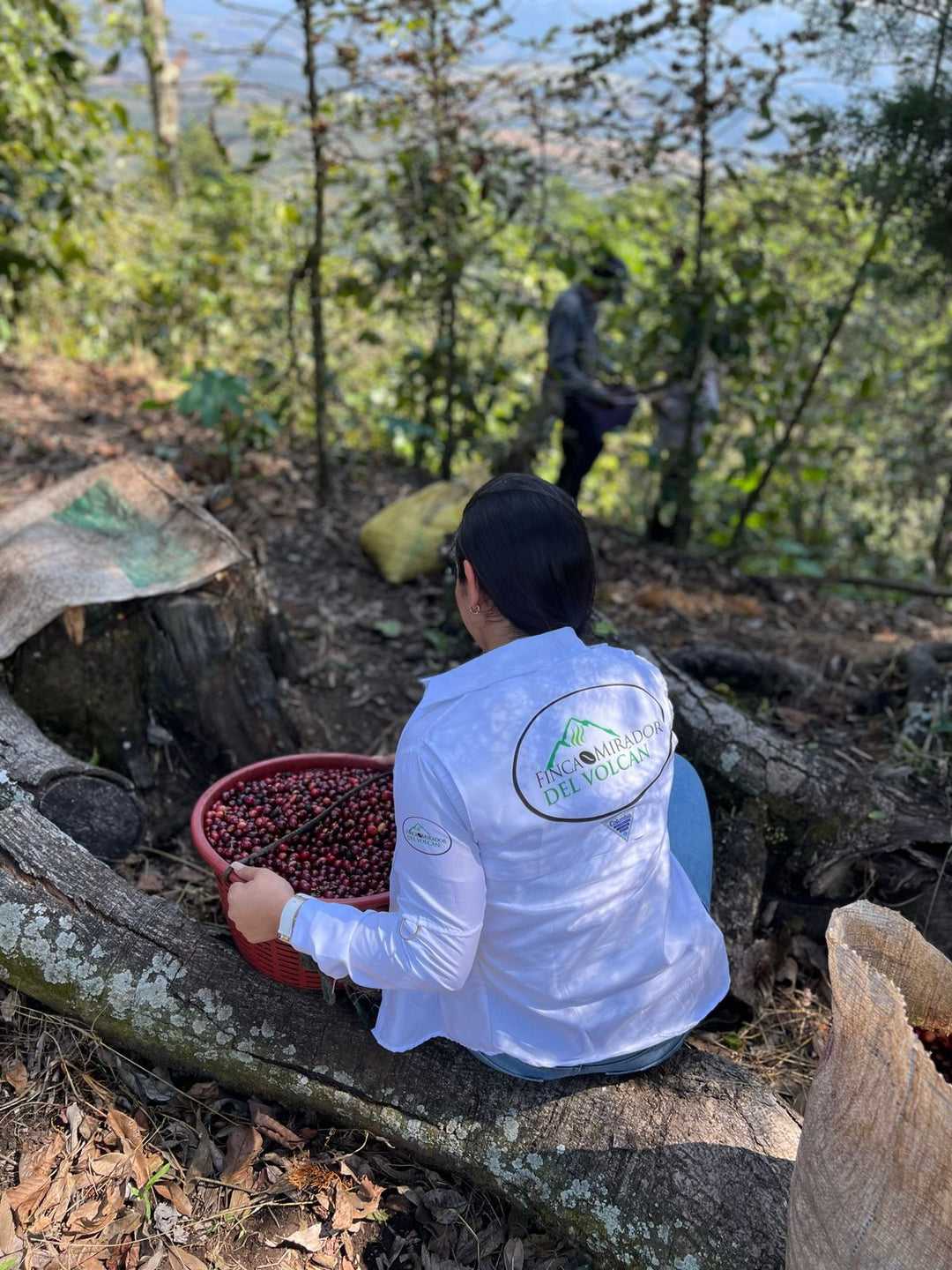
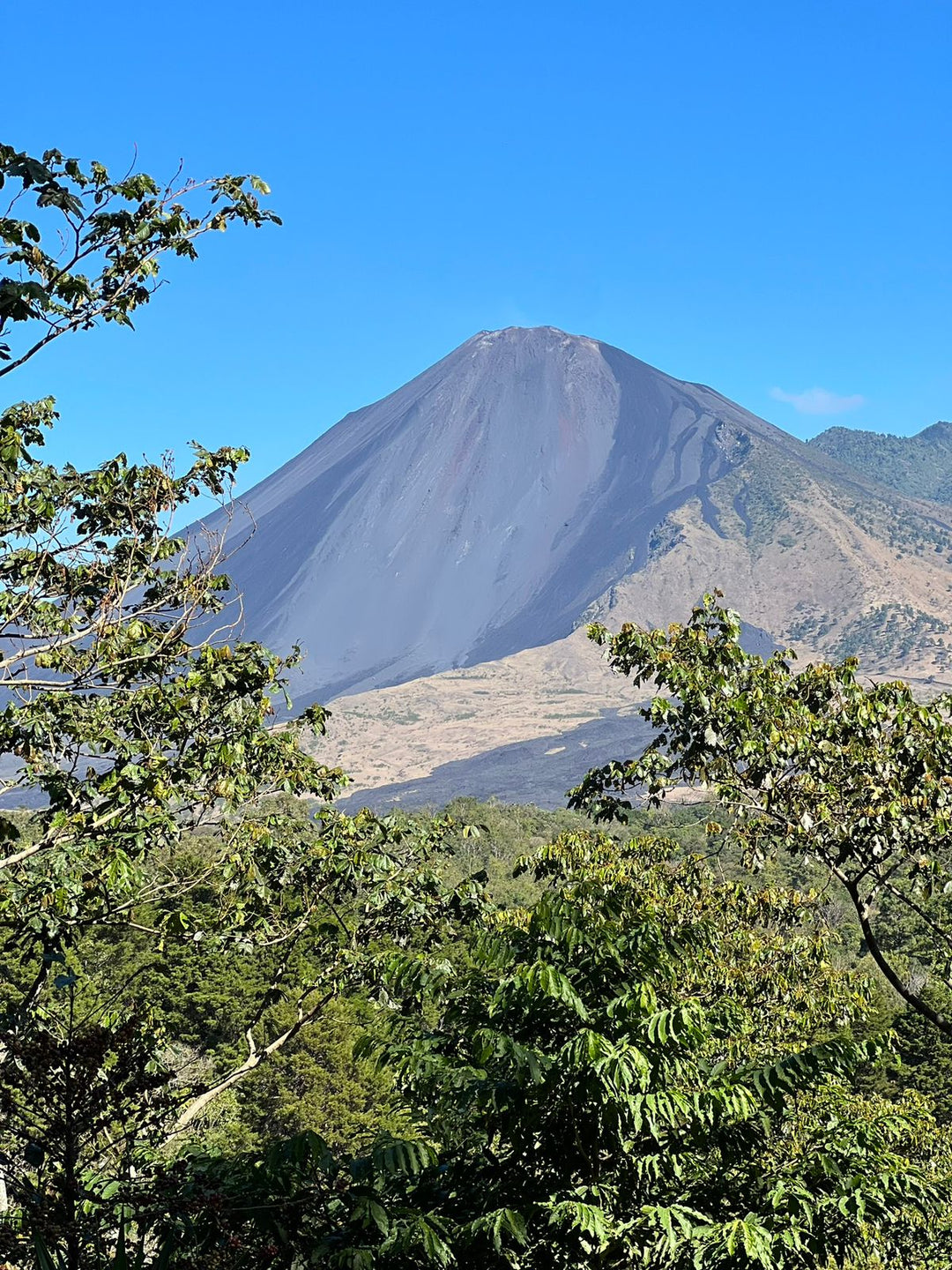
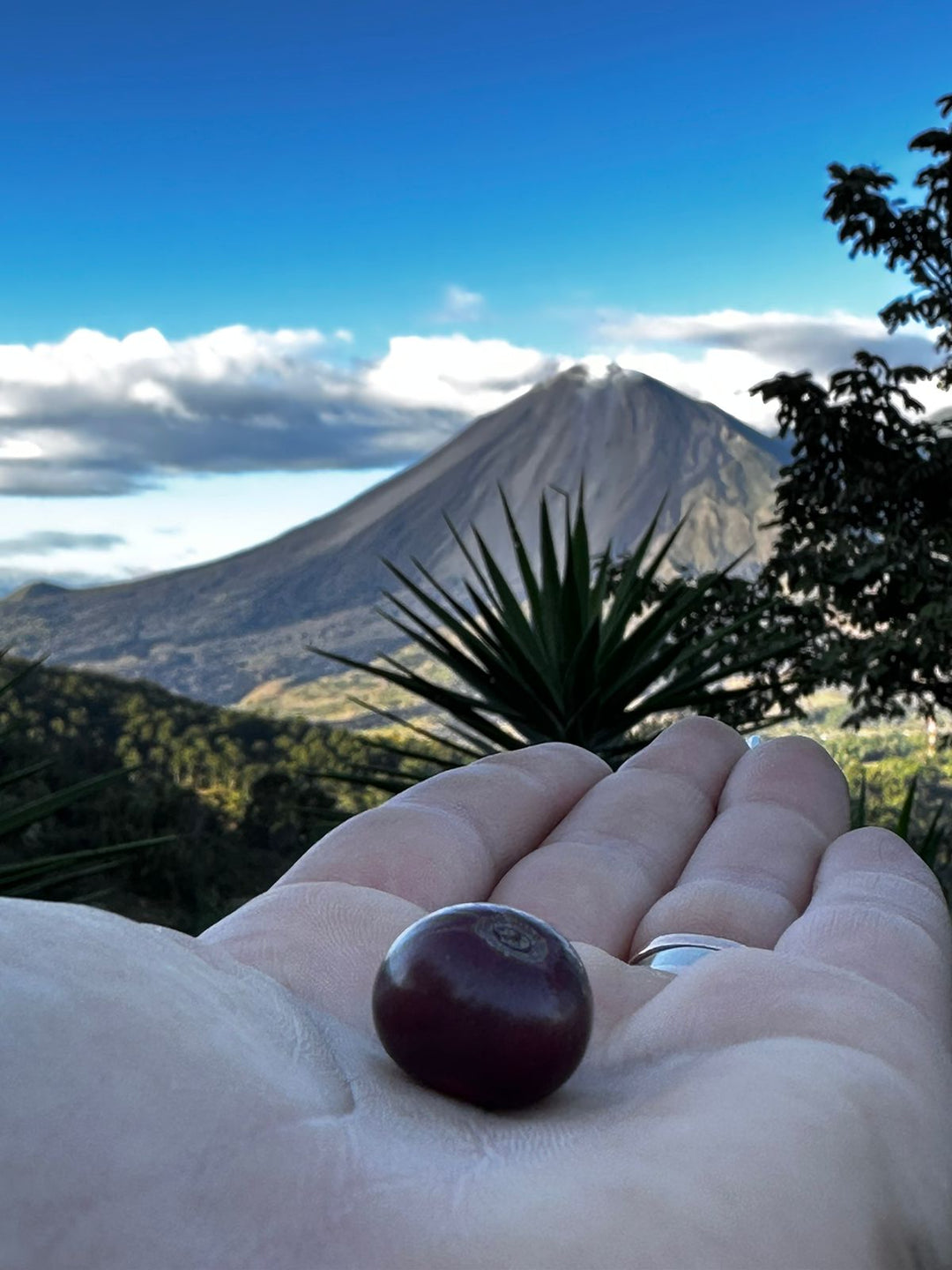
Association of Special Coffee Producers of Huehuetenango
Coffee Background:
Cultivating and exporting coffee from the department of Huehuetenango in Guatemala presents numerous challenges, primarily due to the region's rugged terrain and extreme weather conditions. Despite these obstacles, the area is renowned for its excellent coffee production, which is attributed to the dedication and collaboration of over 450 families. These families, with farms averaging just a few acres each, are part of the Association of Special Coffee Producers of Huehuetenango (ASOPCE). This cooperative effort is crucial in overcoming the difficulties posed by the environment, enabling the farmers to thrive and produce high-quality coffee.
Each family within ASOPCE employs their own micro-mill to process their coffee harvest. This method allows for meticulous care in each stage of production, from cherry selection and depulping to fermenting and drying the coffee beans. After processing, the dried parchment coffee is stored in a centralized warehouse. When it is time for export, the coffee is transported across the challenging roads to Guatemala City, where it undergoes further preparation for international markets. The cooperative model not only facilitates these logistics but also provides the farmers with essential technical assistance and training on best agricultural practices, enhancing both yield and quality.
Moreover, ASOPCE has implemented sustainable practices that benefit the farmers economically and environmentally. For instance, the use of coffee pulp to produce organic fertilizers has significantly reduced the costs associated with purchasing fertilizers from distant sources. This practice also ensures a consistent and abundant supply of natural fertilizer, contributing to better crop yields. Additionally, ASOPCE collaborates with BICAFE, an export company that operates a dry-mill facility powered by 250 solar panels, further emphasizing their commitment to sustainability. Through this partnership, the cooperative can ensure that their coffee reaches global markets efficiently and sustainably, highlighting the resilience and innovation of the Huehuetenango coffee producers.
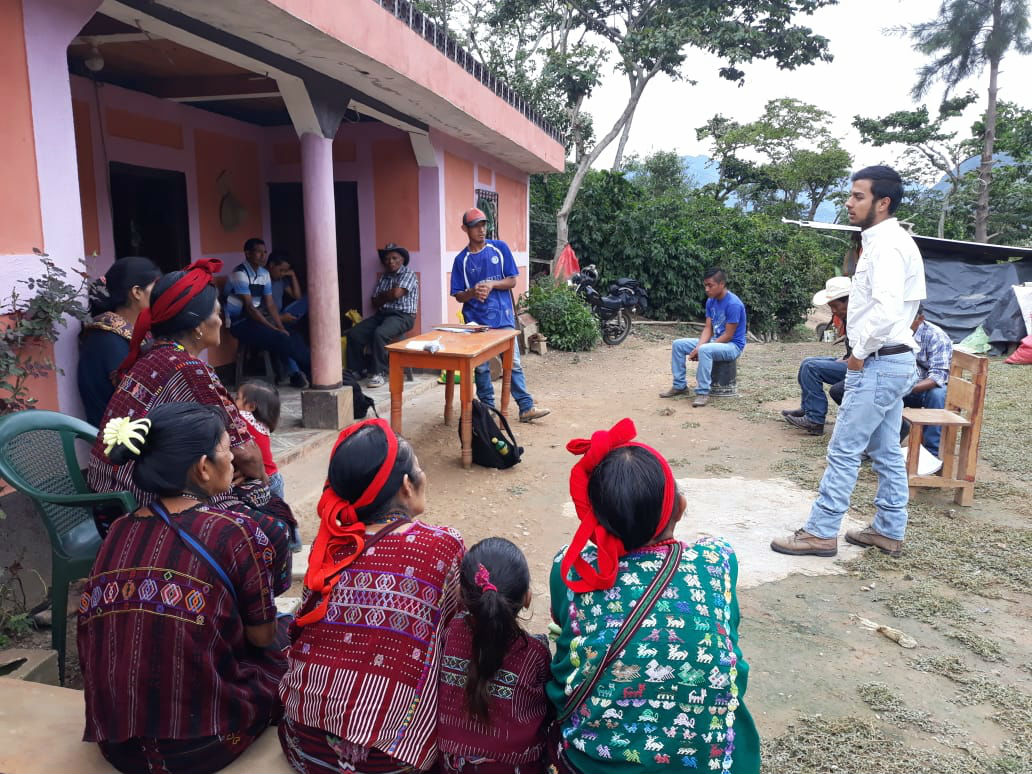
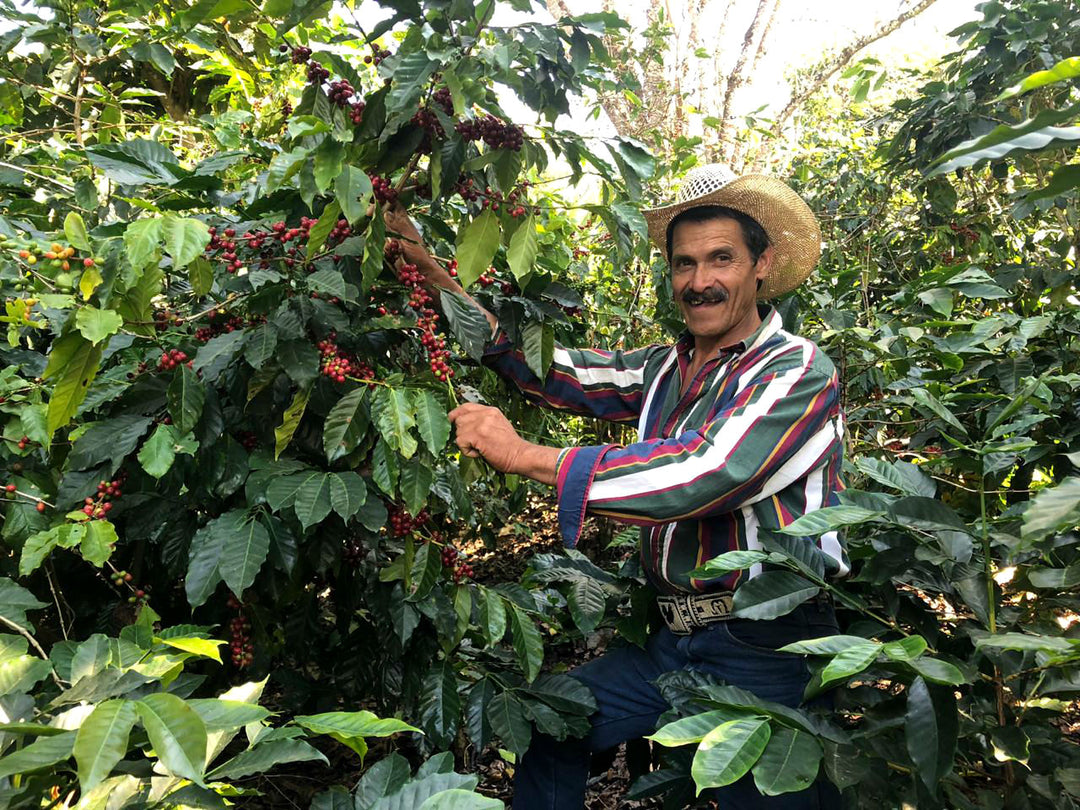
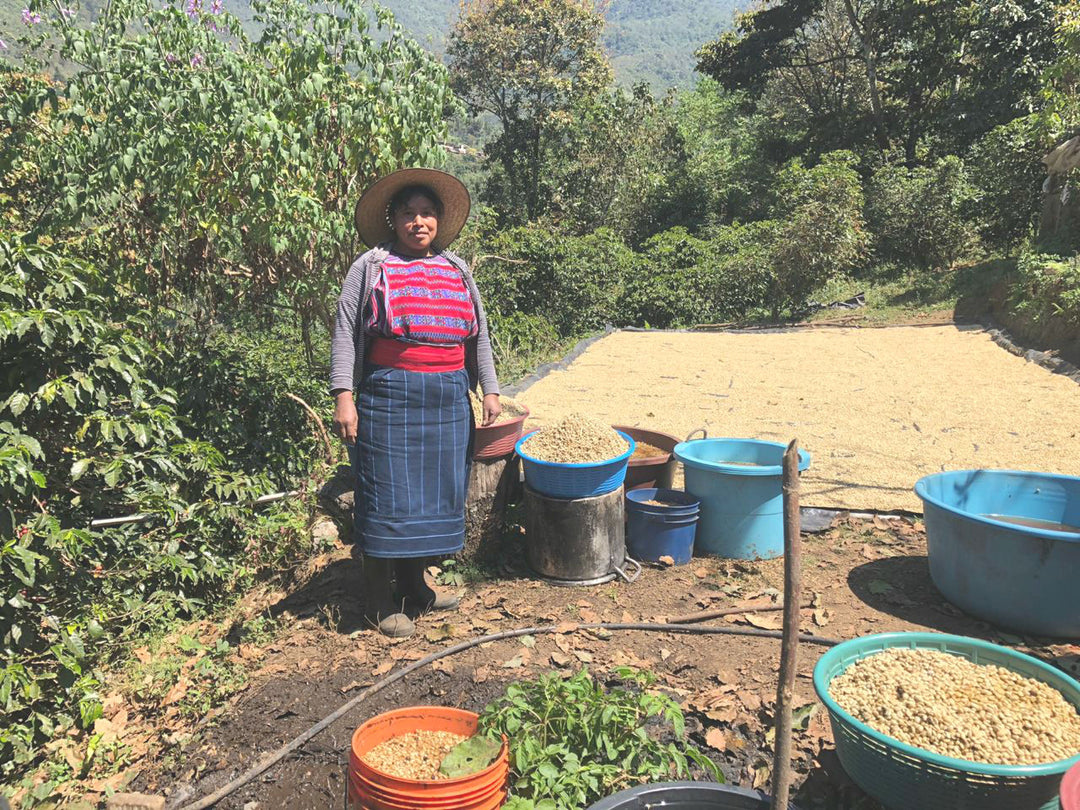
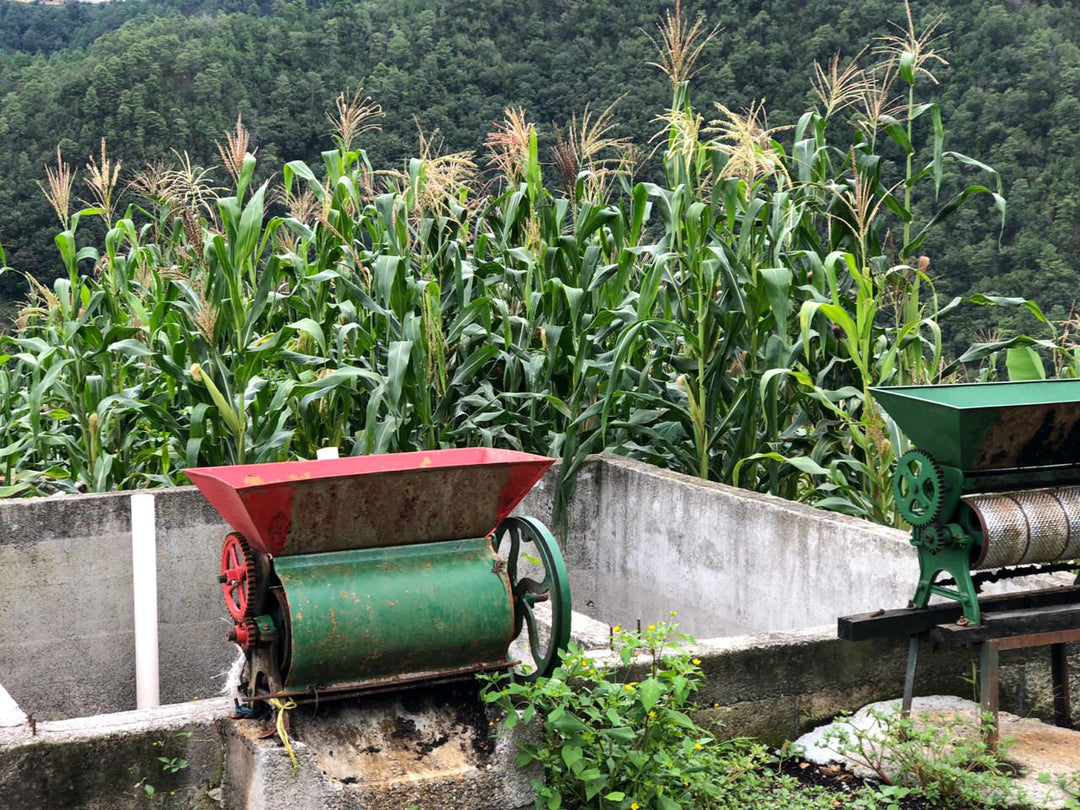
Asociación Barillense de Agricultores
Venturing into Santa Cruz Barillas, nestled in the remote highlands of Huehuetenango, Guatemala, is no small feat. This journey, especially for coffee enthusiasts, provides a unique opportunity to explore one of the most secluded and culturally rich regions known for its exceptional coffee. Our coffee importer has a long-standing relationship with this area and takes pride in being the pioneer importer of Fair Trade certified coffee from the Asociación Barillense de Agricultores (ASOBAGRI). The rugged and breathtaking landscape not only preserves the indigenous heritage, including their distinct clothing and dialects, but also contributes to the unique character of the coffee produced here. ASOBAGRI serves as a crucial link, connecting these isolated communities to the global coffee market.
ASOBAGRI's cooperative model is one of the most sophisticated and well-organized globally. With over 1,400 members spread across 80 communities, these farmers cultivate and process their coffee on small farms equipped with their own micro-mills. The cooperative's commitment to gender equality is evident in its support for female farmers. One remarkable initiative is the Las Dueñas Cafe program, which includes 182 female members receiving tailored training and technical support from five women technicians. This program not only improves coffee quality but also empowers women by promoting their active participation in the coffee industry.
Sustainability and innovation are at the heart of ASOBAGRI's practices. By utilizing coffee pulp to create organic fertilizers, the cooperative reduces the need for costly external fertilizers and enhances soil fertility, leading to better yields and coffee quality. Additionally, income diversification through investments in chicken farms, avocado trees, and local cafeterias provides the women members with multiple streams of income, thereby strengthening their economic resilience. This holistic approach by ASOBAGRI not only fosters a thriving coffee community but also ensures that the cultural and environmental heritage of Santa Cruz Barillas is preserved for future generations.
